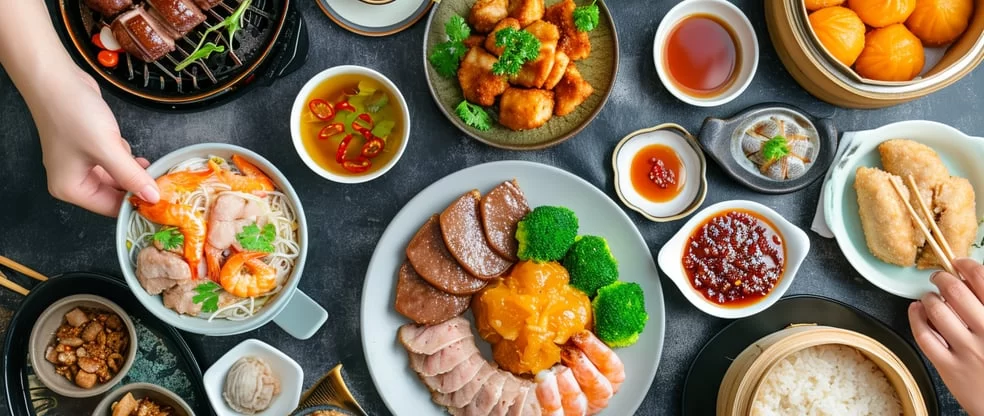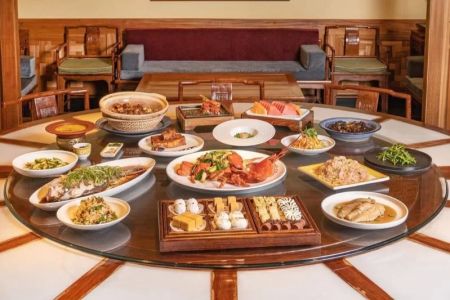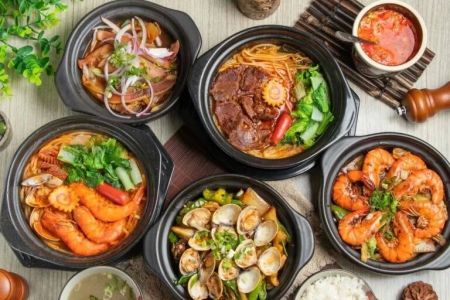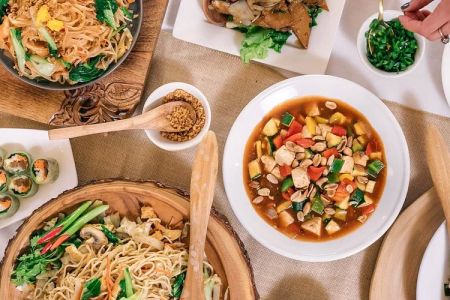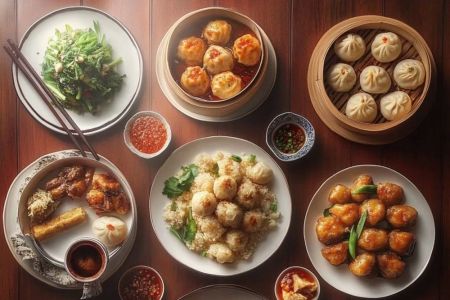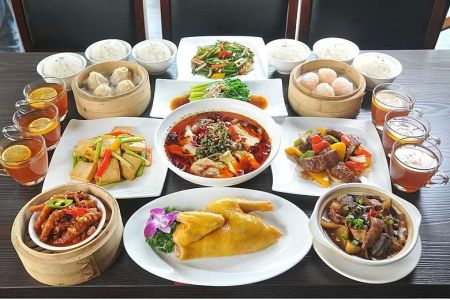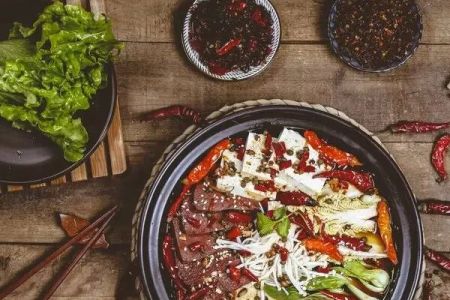Discovering Exotic Chinese Food Ingredients: A Guide to Rare and Traditional Flavors
- Introduction to Exotic Chinese Food Ingredients
- Rare Chinese Ingredients You Should Try
- Chinese Spices and Herbs: The Essentials
- How to Cook with Chinese Ingredients
- My Personal Experience with Chinese Ingredients
- Where to Buy Exotic Chinese Ingredients
1. Introduction to Exotic Chinese Food Ingredients
Chinese cuisine is renowned for its incredible diversity and unique flavors. At the heart of this cuisine are the ingredients that bring depth and authenticity to every dish. From fragrant herbs to spicy oils, Chinese food ingredients encompass a broad spectrum of tastes that can turn a simple meal into an extraordinary culinary experience. Many of these ingredients, though integral to Chinese cooking, are considered exotic in the Western world. If you're looking to explore the authentic taste of China, understanding these ingredients is the first step.
2. Rare Chinese Ingredients You Should Try
Some Chinese ingredients are not only exotic but also rare, making them fascinating for anyone interested in expanding their culinary knowledge. These ingredients are often used in regional Chinese dishes and carry unique flavors that are hard to replicate. Here are a few rare Chinese ingredients worth trying:
1. Dried Longan: Often compared to dried lychee, longan is a sweet fruit used in Chinese soups and desserts. It has a delicate, floral aroma and is known for its calming properties, often used in traditional medicine.
2. Chinese Wolfberries (Goji Berries): These tiny red berries are rich in antioxidants and have been used in Chinese medicine for centuries. They add a slightly sweet, tart flavor to soups and teas.
3. Chinese Black Fungus: This mushroom, with its distinctive black color and chewy texture, is commonly found in hot pots and stir-fries. It has a mild, earthy flavor and is often used in Chinese vegetarian dishes.
4. Szechuan Peppercorns: Known for their unique numbing, tingling effect on the tongue, Szechuan peppercorns are a staple in Szechuan cuisine. They bring a refreshing spiciness and are often paired with chili peppers to create a complex, numbing heat in dishes like mapo tofu.
3. Chinese Spices and Herbs: The Essentials
Chinese cuisine places a strong emphasis on the balance of flavors, and the spices and herbs used in cooking are key to achieving this harmony. Here are some essential Chinese spices and herbs you should know about:
1. Star Anise: A spice that resembles a star-shaped pod, star anise has a sweet, licorice-like flavor and is often used in Chinese braised dishes and stews. It is a vital ingredient in five-spice powder.
2. Chinese Cinnamon (Cassia Bark): Cassia bark, often confused with regular cinnamon, has a stronger, more pungent flavor. It's a key component in Chinese five-spice powder and is used in braises, soups, and desserts.
3. Ginger: Fresh ginger is commonly used in Chinese cooking to add warmth and spice to a dish. It’s used in everything from stir-fries to broths and plays a key role in balancing strong flavors like soy sauce and vinegar.
4. Chinese Chives: These chives have a more delicate flavor than regular garlic chives and are frequently used in dumplings, pancakes, and stir-fries, adding a mild onion-like taste to dishes.
4. How to Cook with Chinese Ingredients
Cooking with exotic Chinese ingredients can seem daunting, but with a little guidance, it becomes an exciting culinary adventure. The key to mastering Chinese cooking is understanding how these ingredients complement each other. Start by incorporating a few essential spices and herbs into your dishes, such as ginger, garlic, and soy sauce. Then, experiment with adding more complex ingredients like dried mushrooms, goji berries, and Szechuan peppercorns.
For beginners, a simple stir-fry or soup can be a great way to learn how to balance flavors. Add a small amount of Szechuan peppercorns for heat and numbing sensation, and then try experimenting with the sweet and savory flavors of Chinese ingredients like soy sauce, oyster sauce, and hoisin sauce. Over time, your understanding of how to pair these ingredients will grow, and you’ll be able to create authentic Chinese meals right in your own kitchen.
5. My Personal Experience with Chinese Ingredients
During a trip to China, I had the opportunity to visit a local market in Chengdu, where I encountered a variety of exotic ingredients that I had only read about. The first ingredient I tried was Szechuan peppercorns. I was amazed by the tingling sensation they left on my tongue, a completely new experience. I also tried cooking with goji berries in a traditional Chinese chicken soup, which added a subtle sweetness that perfectly balanced the savory broth. These experiences opened my eyes to the rich complexity of Chinese cuisine and inspired me to experiment more with these ingredients at home.
6. Where to Buy Exotic Chinese Ingredients
Many of these exotic Chinese ingredients can be found at Asian grocery stores or specialty markets. If you're having trouble finding them locally, online retailers like Chinese Food offer a wide selection of authentic Chinese ingredients, from dried mushrooms to specialty spices. Shopping online allows you to explore a broader variety of ingredients and have them delivered straight to your door. Whether you're looking to recreate a classic Chinese dish or experiment with new flavors, these resources will help you bring the tastes of China into your kitchen.


